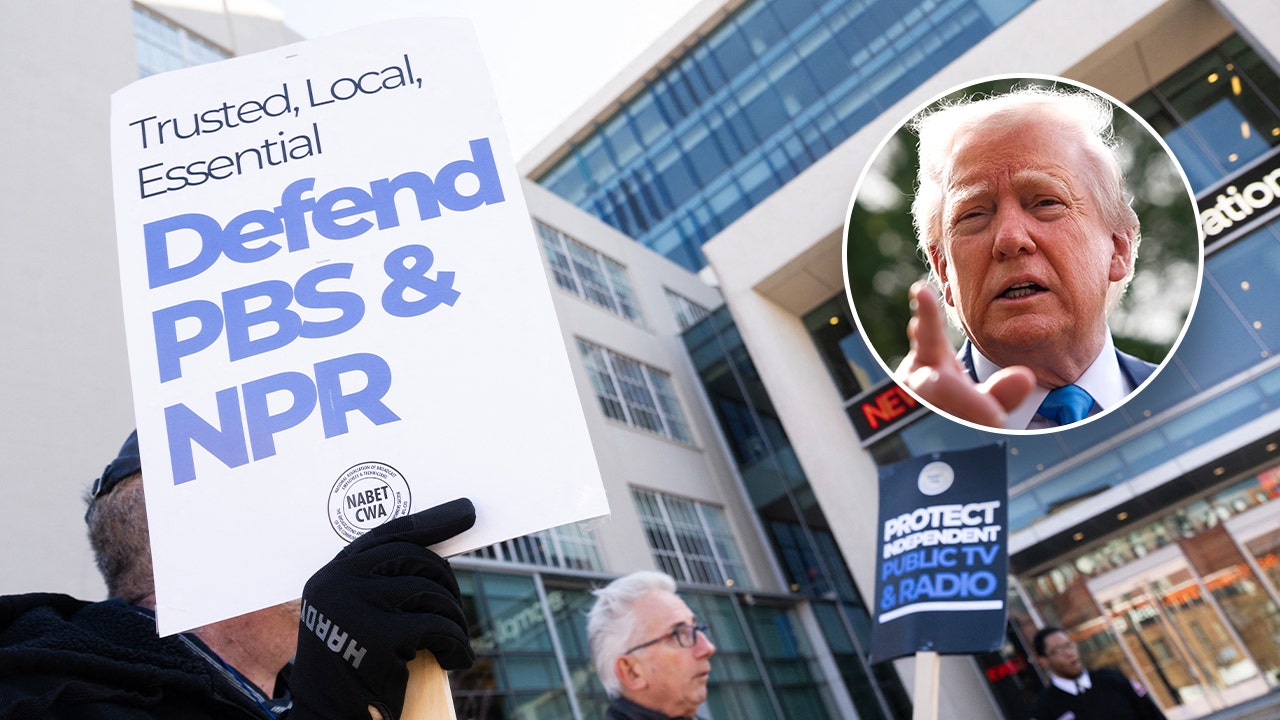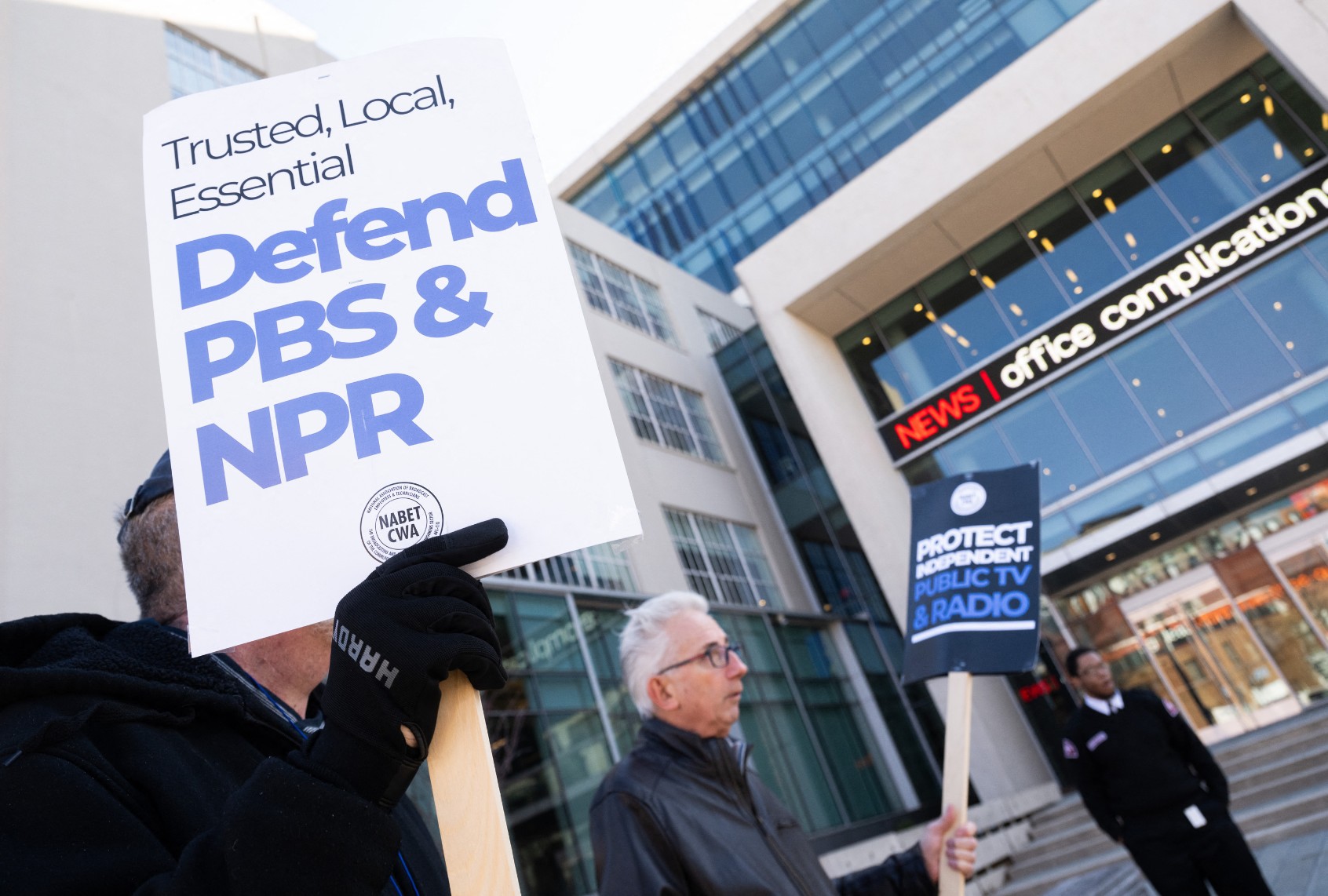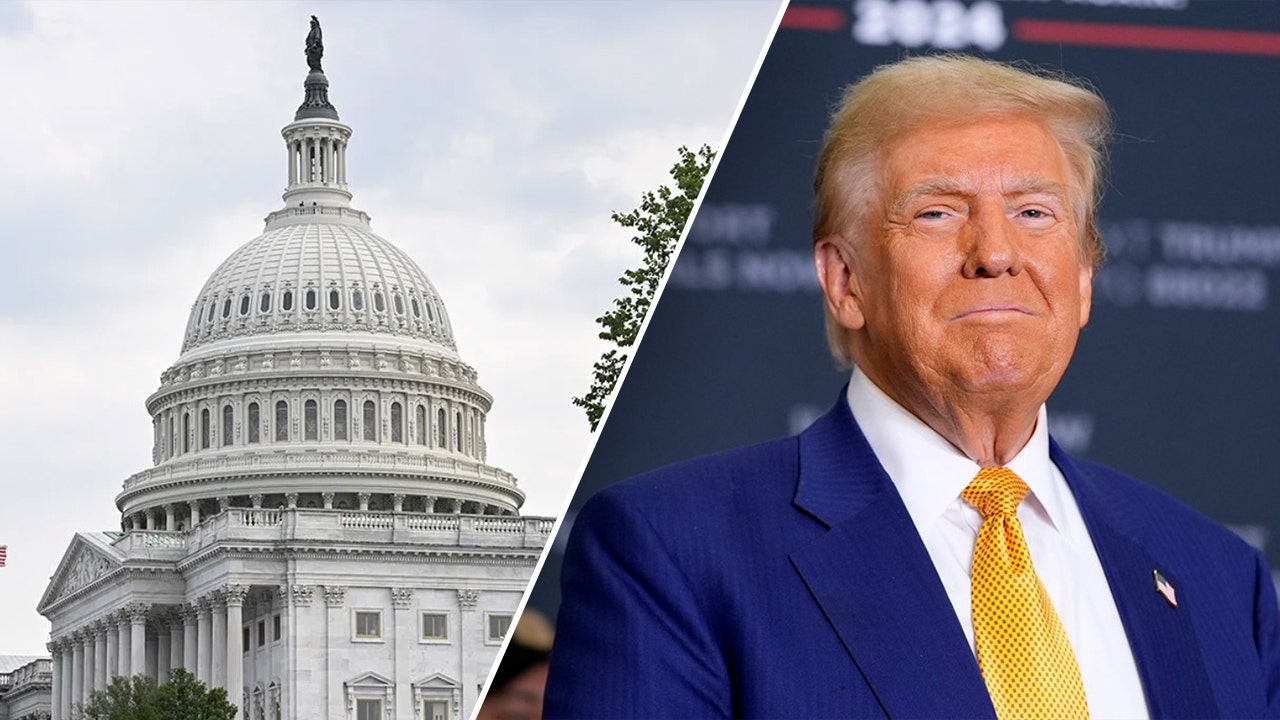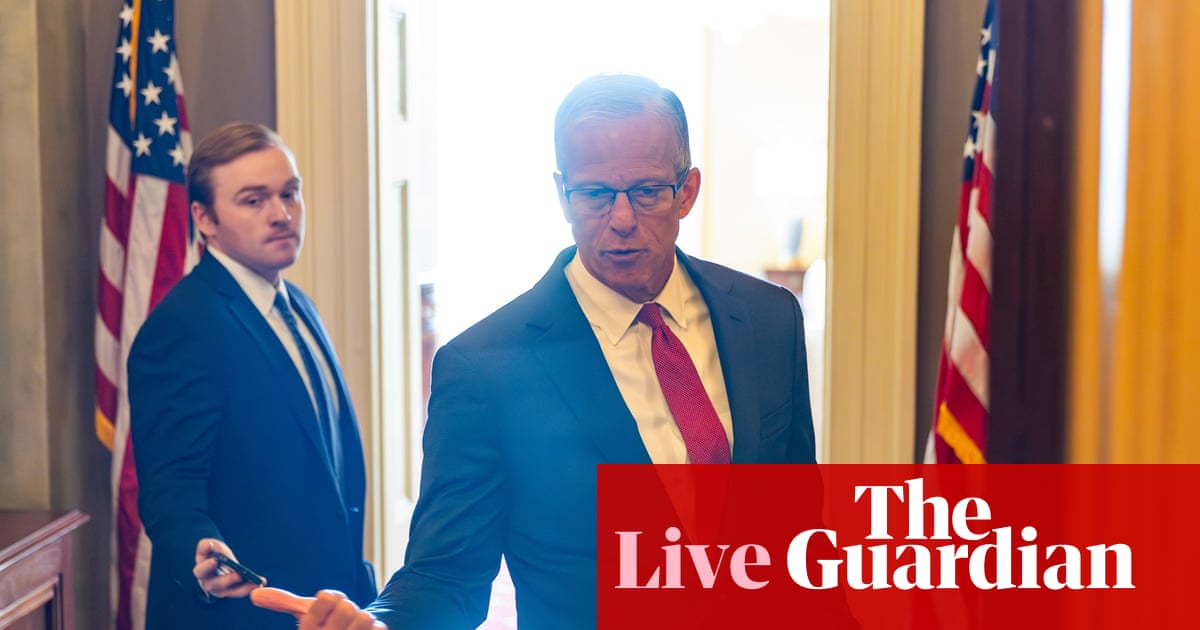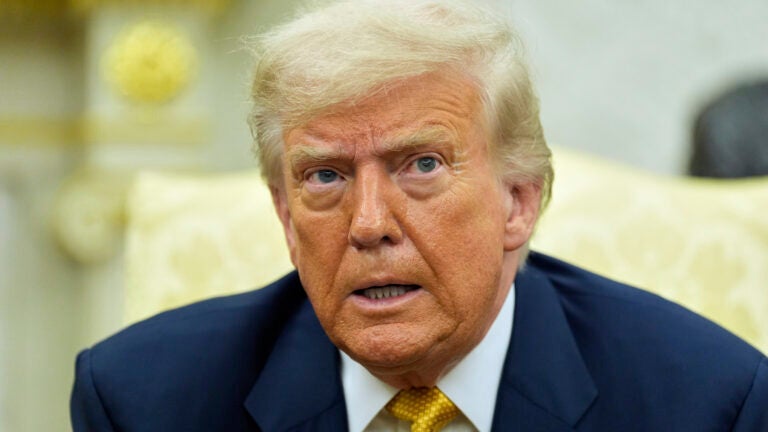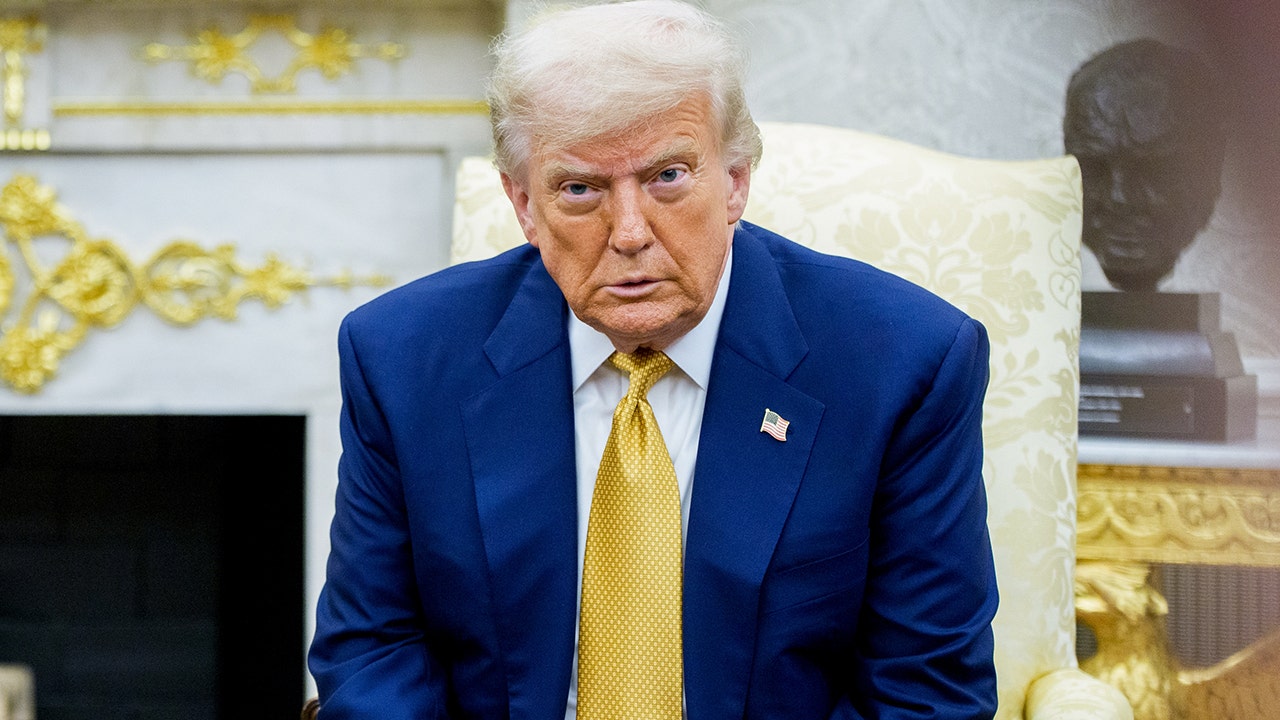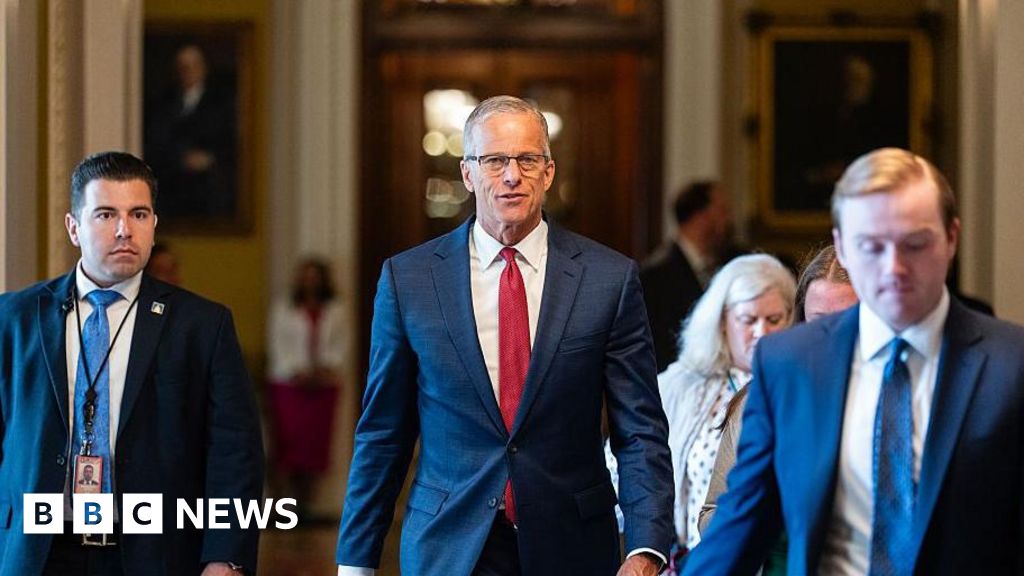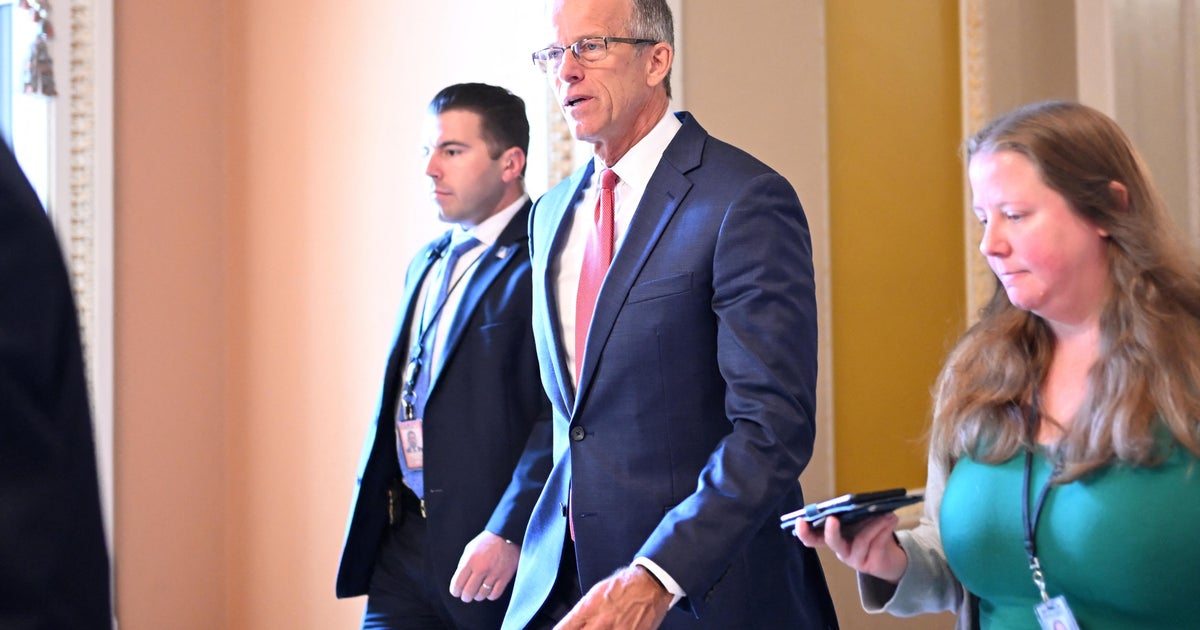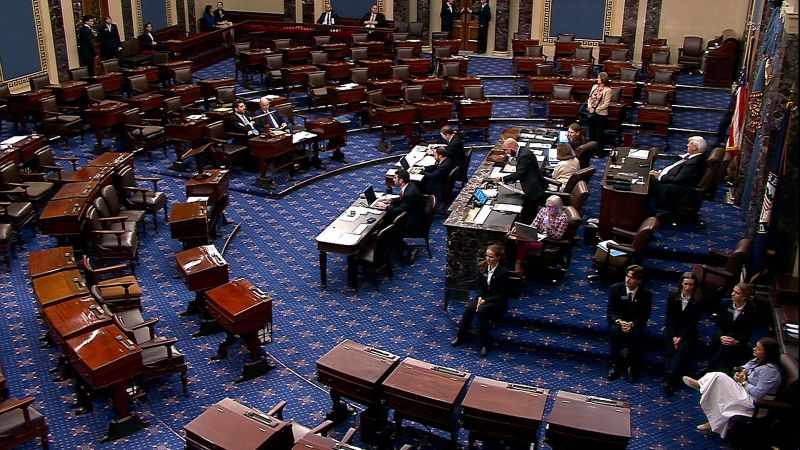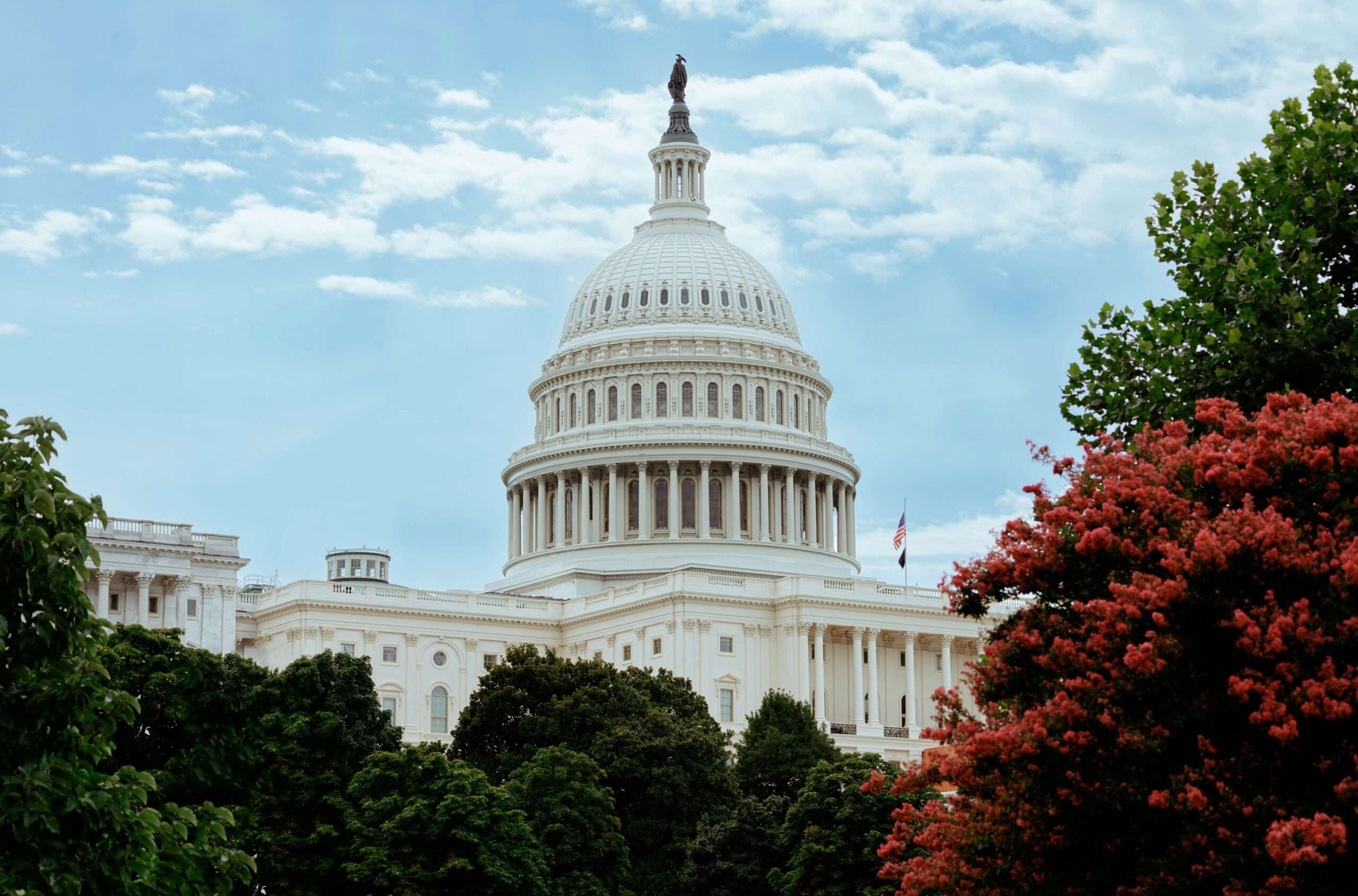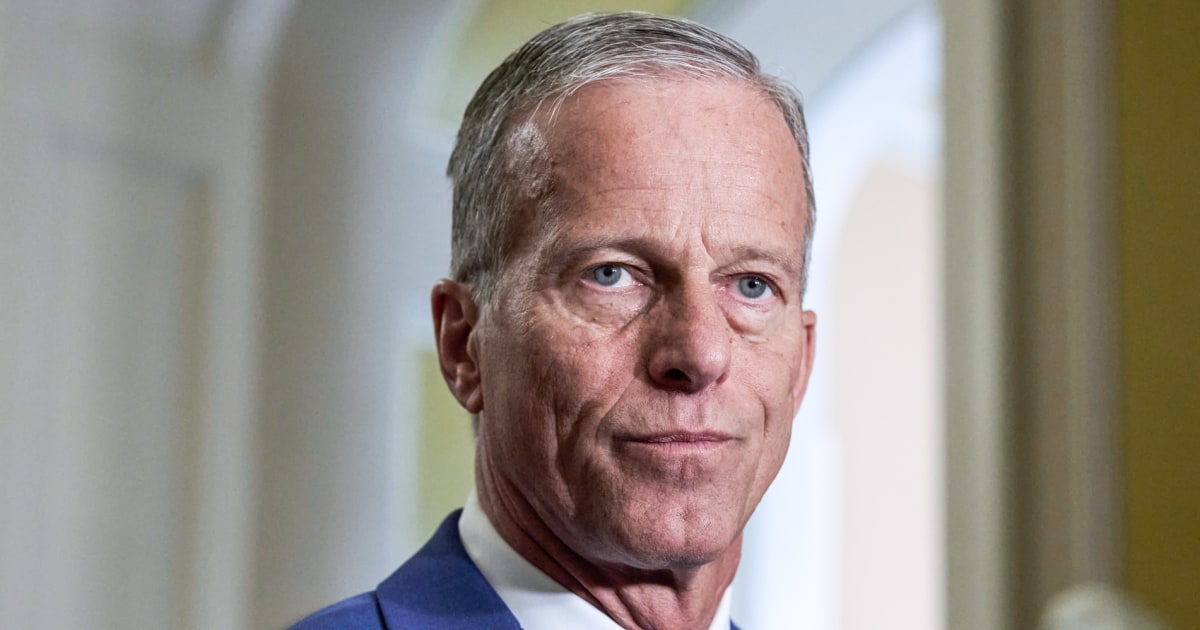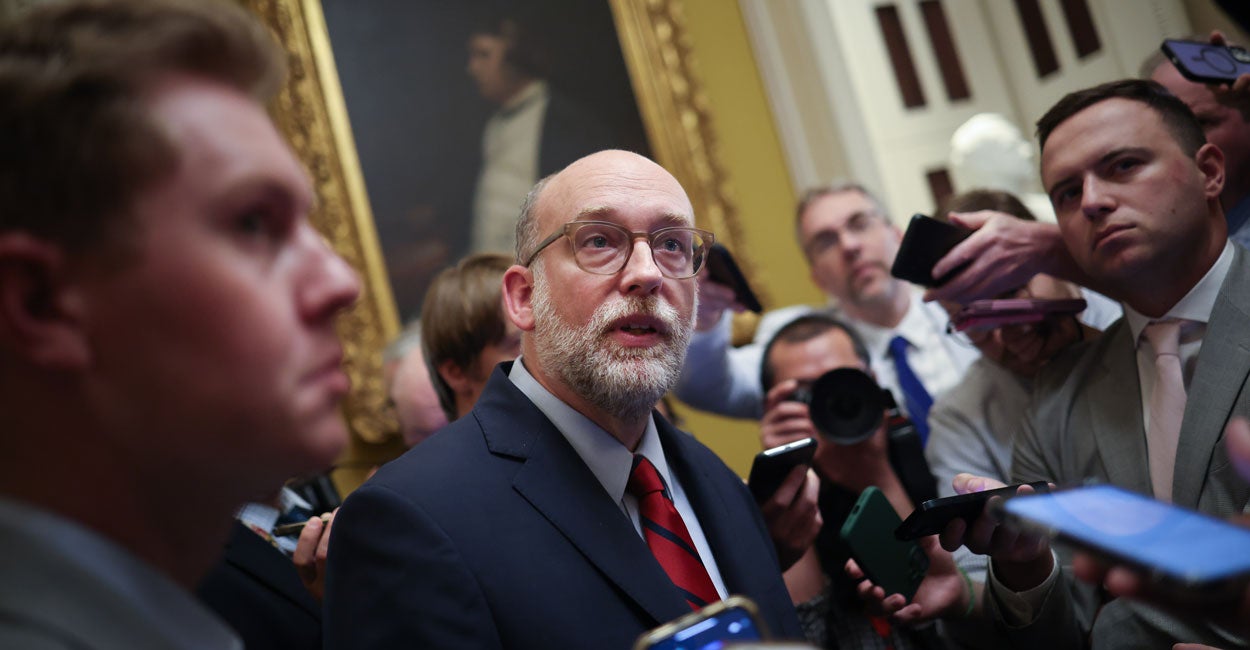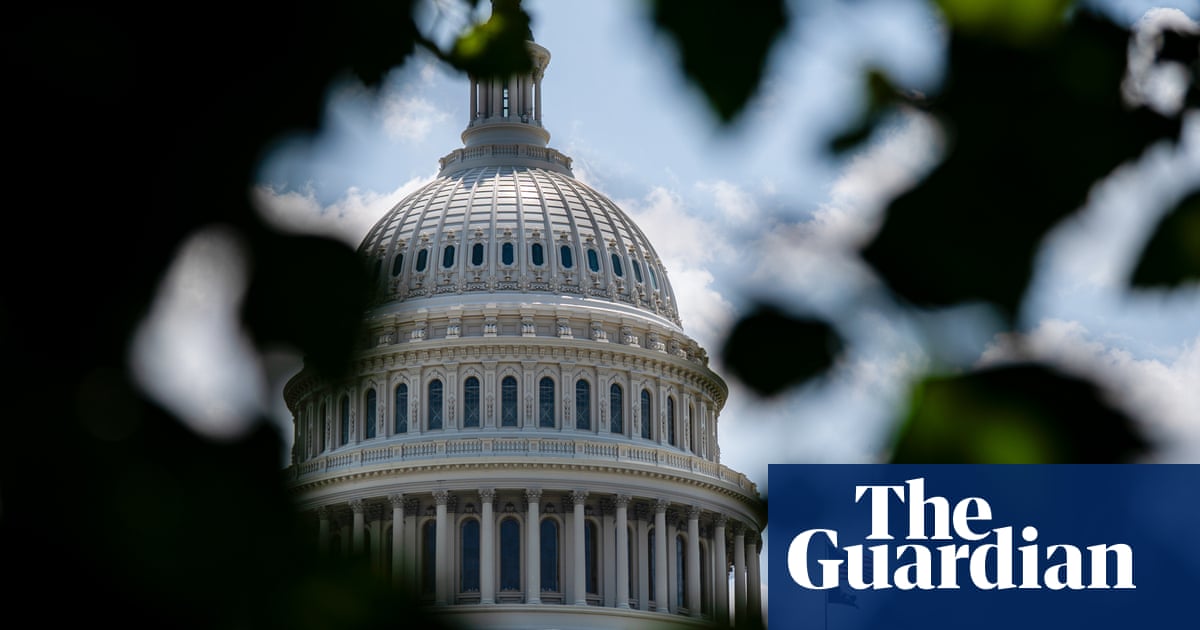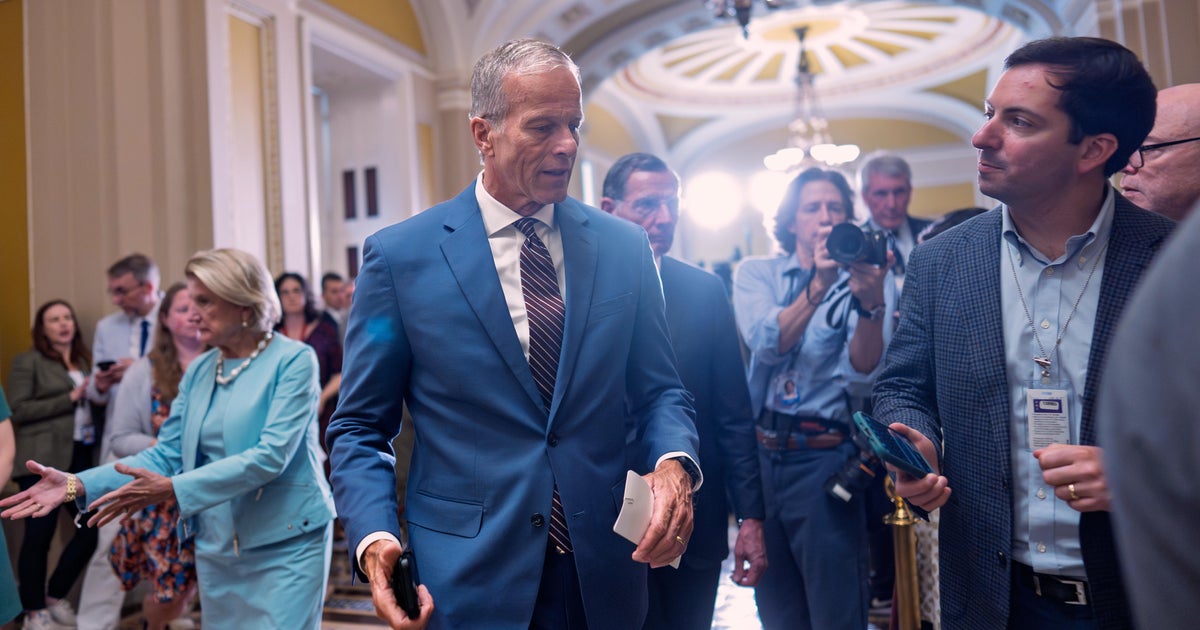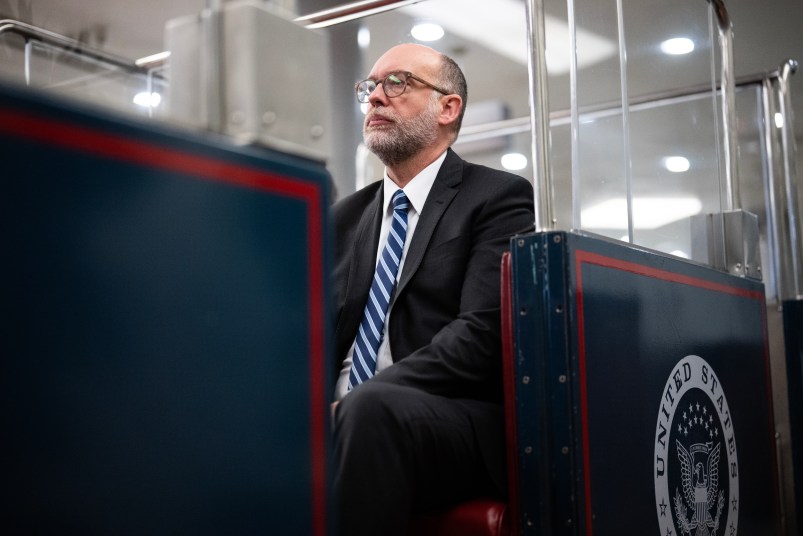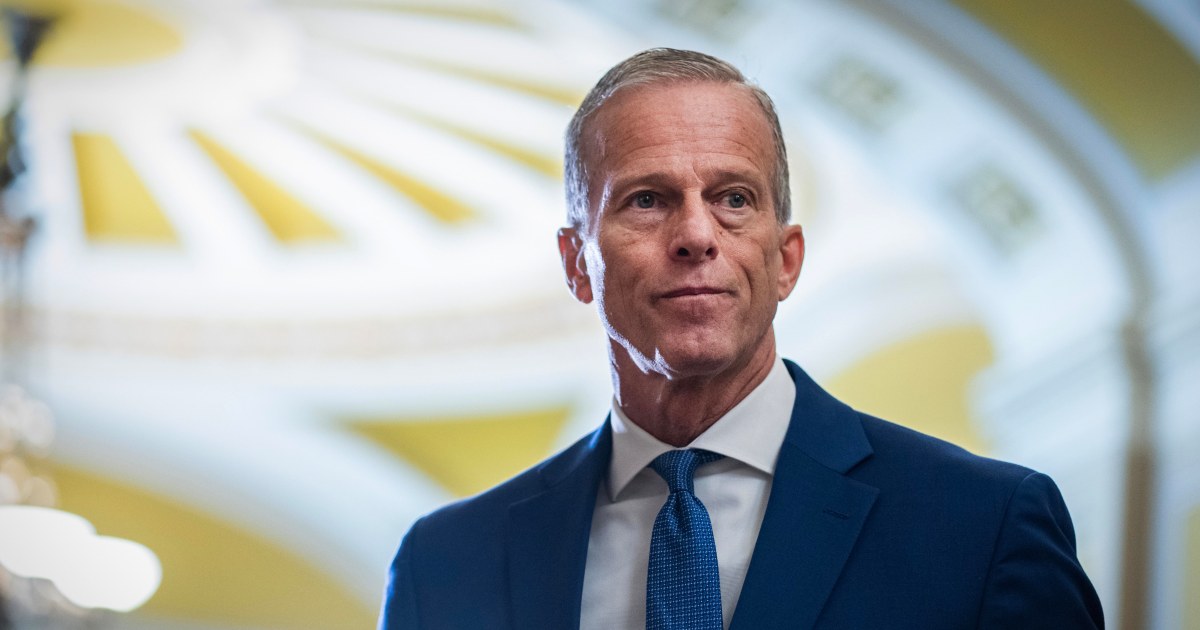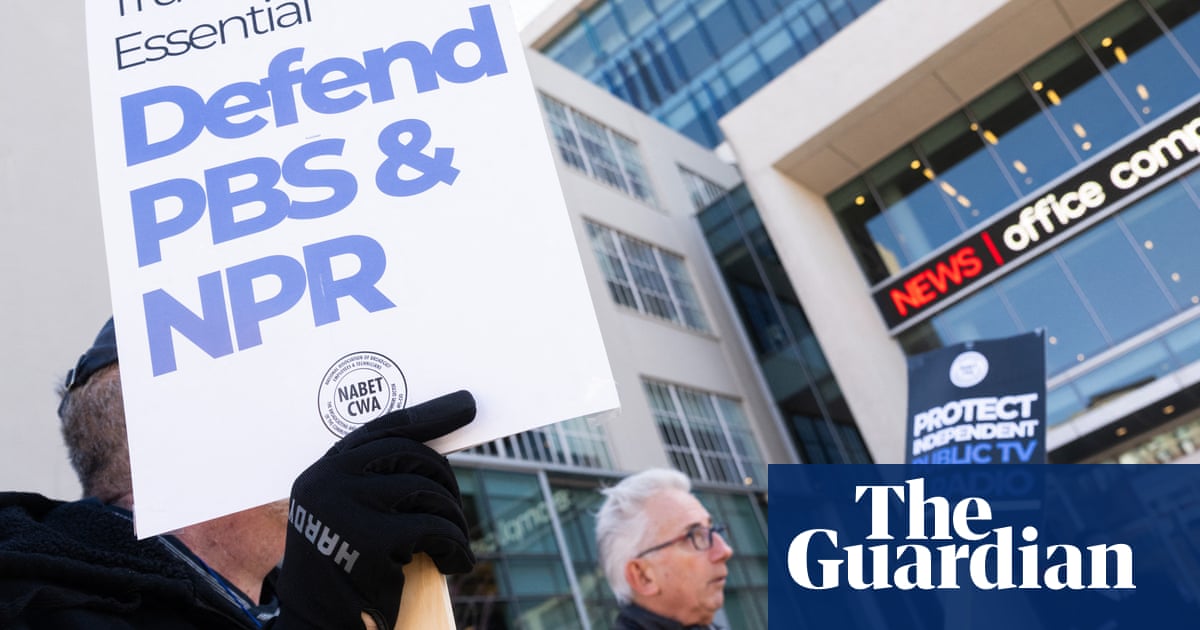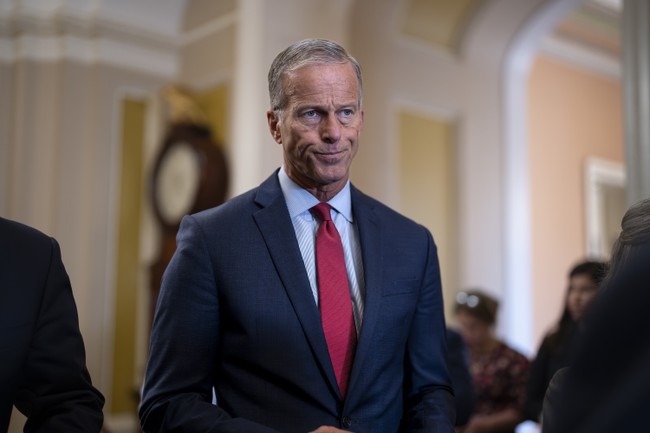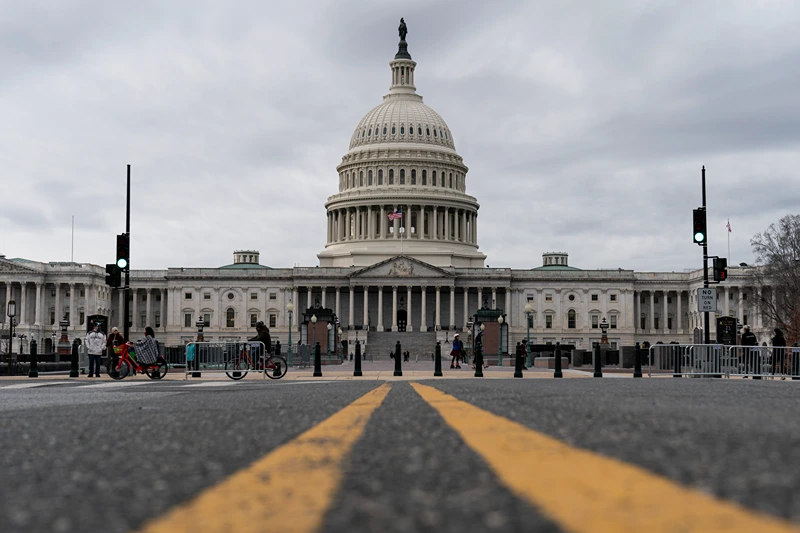Senate Passes $9 Billion Cuts Package Targeting Public Broadcasting and Foreign Aid
The Senate has approved a $9 billion cuts package impacting public broadcasting and foreign aid, amid bipartisan opposition and concerns over national security and local media.
Overview
- The Senate passed a $9 billion cuts package requested by President Trump, affecting public broadcasting and foreign aid programs.
- Bipartisan opposition emerged, with Senators Collins and Murkowski voting against the cuts, reflecting divisions within the GOP.
- The cuts include $8 billion in foreign aid, impacting programs that strengthen democratic institutions in developing countries.
- Democrats unanimously opposed the bill, warning that cuts could damage America's global reputation and harm local public media.
- The White House supports the cuts, citing wasteful spending, while opponents fear it undermines Congress's spending authority and harms local media.
Report issue

Read both sides in 5 minutes each day
Analysis
Center-leaning sources present a neutral and objective account of the Senate's vote on spending cuts. They focus on factual reporting of the legislative process, including vote counts, specific programs affected, and the procedural hurdles. Opinions and concerns from various senators are directly attributed, avoiding editorializing or the use of loaded language, thus maintaining an impartial stance.
Articles (40)
Center (15)
FAQ
The bill targets about $8 billion in foreign aid programs, including those administered by the United States Agency for International Development (USAID) and other initiatives that support countries affected by drought, disease, and political unrest[2]. Approximately $1.1 billion is being cut from the Corporation for Public Broadcasting, which funds public radio and television stations such as NPR and PBS.
The Senate passed the bill 51–48. All Democrats present voted against it, as did two Republicans, Senators Susan Collins (Maine) and Lisa Murkowski (Alaska). Senator Tina Smith (D-Minn.) was hospitalized and missed the vote[2].
The Senate amended the House’s original rescission request, so the bill must return to the House for another vote before President Trump can sign it into law[4]. Both chambers must approve the final version before the end of the week, otherwise the funds must be spent as originally allocated[2].
Supporters argue the cuts eliminate wasteful spending and target programs they view as bloated or misaligned with their priorities[1][3]. Opponents, including Democrats and some Republicans, warn the cuts could damage America’s global reputation, harm communities reliant on public media, and undermine Congress’s constitutional authority over spending.
The White House has described this package as a test case and suggested that more rescission requests are likely in the future if Congress approves this first round of cuts[3].
History
- 2d

 12 articles
12 articles
- 2d

 9 articles
9 articles
- 3d

 4 articles
4 articles
- 3d

 3 articles
3 articles
- 4d

 3 articles
3 articles
- 4d

 4 articles
4 articles
